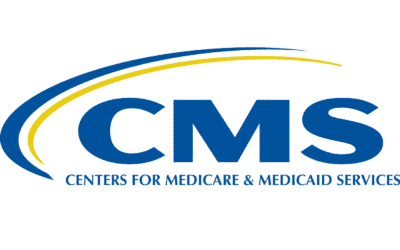This article just published in the “Intelligencer” resonated with me – “The Two Words That Can Make Health Care a Nightmare: ‘Prior authorization’ buries doctors in paperwork and delays care, sometimes with disastrous results.
The article tells the story of a physician, Dan Hurley, with metastatic chondrosarcoma who has had to fight insurance denials every step of the way in order to obtain treatment for his aggressive cancer. There are times that a delay of even days can cost a life or a limb. I have seen that in patients with vasculitis or pyoderma gangrenosum whose legs were damaged beyond repair while we waited for insurance approval for an immune-modulating drug. Dr. Hurley actually enrolled in law school while recovering from a hemipelvectomy in order to better fight an unethical and even unlawful system in which companies are compensated on the basis of their percentage of healthcare denials. Even when laws require that a peer-to-peer review be performed by a specialist in the same area, that doesn’t happen. I’ve certainly never had a peer-to-peer with a physician who knew anything about wound care.
The deeply unethical nature of this issue is the stuff of fiction. For example, Cigna owns a prior-authorization shop, eviCore. It falls under the umbrella of Evernorth Health Services, Cigna’s health-services portfolio. EviCore provides its services to other insurance companies, which is how it wound up delaying Dr. Hurley’s care multiple times. In a fascinating legal battle, eviCore has been sued for malpractice in relation to its prior authorization denials, and there are also class action lawsuits against other payers for blanket denials of care. I note that many plantiff’s attorneys are now advertising their services as “health insurance claim denial attorneys.” It’s a fascinating turn of events.
The article about Dr. Hurley’s combined battle against cancer and his health insurance company got my attention for another reason. I have always said that there are two parts to any life crisis – the “thing” that happened, and what you do with it. Dr. Hurley has a fatal diagnosis, but he’s chosen to use this crisis to advocate for patients. The article concludes with a quote from him: “I don’t know how much time I have left, but if I can help even a few patients who don’t have a voice from being harmed emotionally or physically by an unethical system, I will have partially succeeded in my goal.” Every day there is a new article about physician burnout, and physician suicide is at an all time high. Yet, here’s a doctor who knows his days are numbered, and he’s making the most of every one because he has a purpose. The antidote to burnout and hopelessness is a sense of purpose. In the case of Dr. Hurley, it is the injustice of capricious insurance denials.
–Caroline





